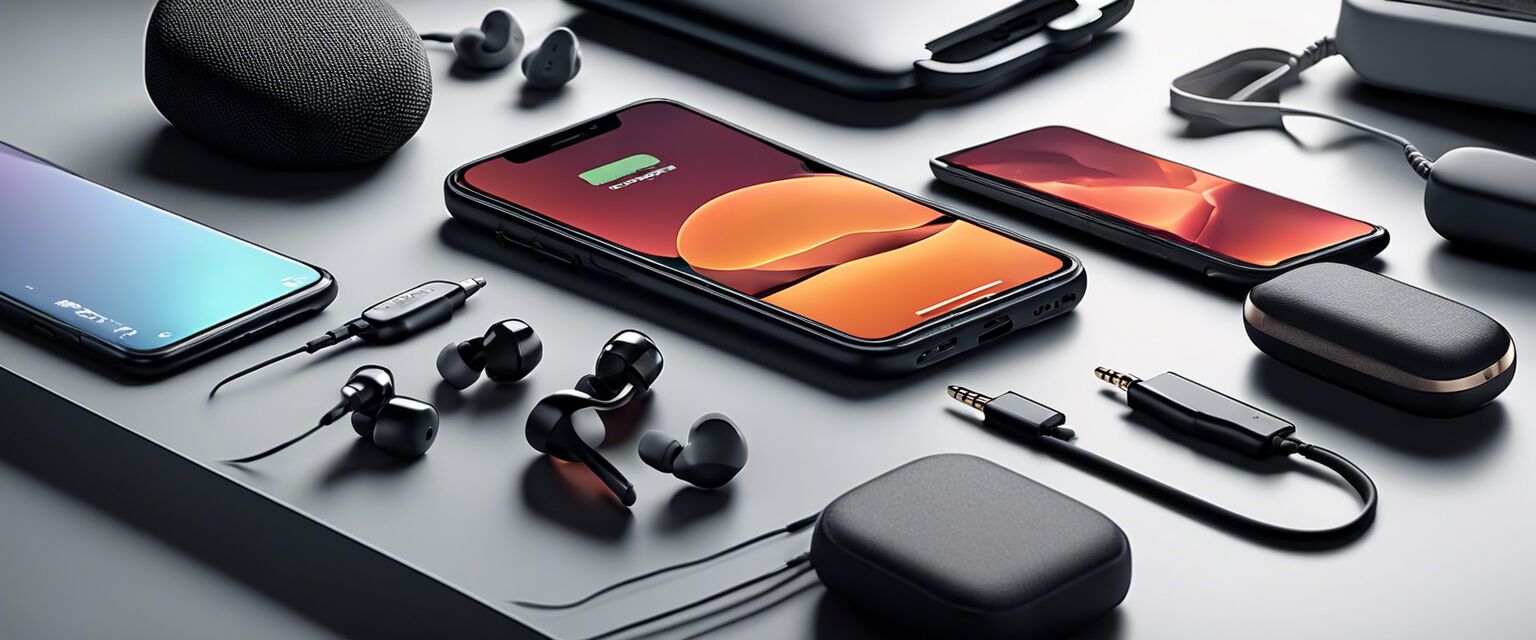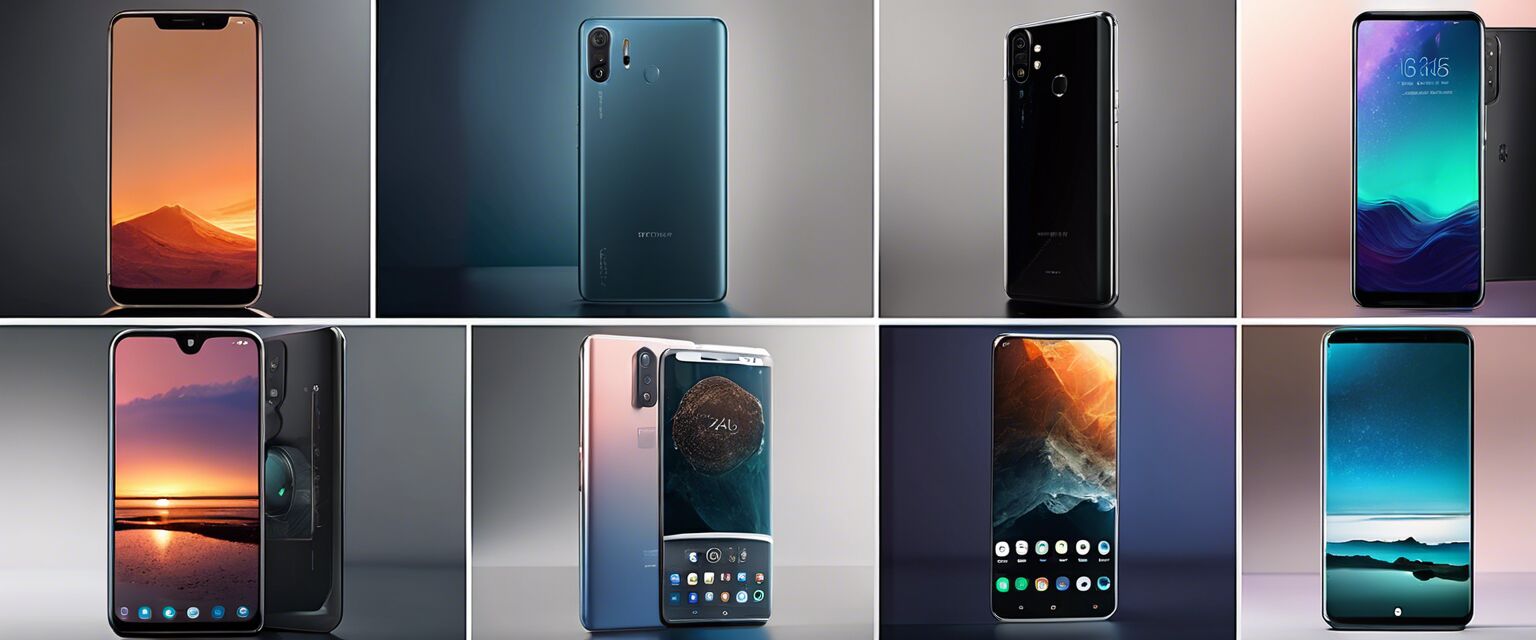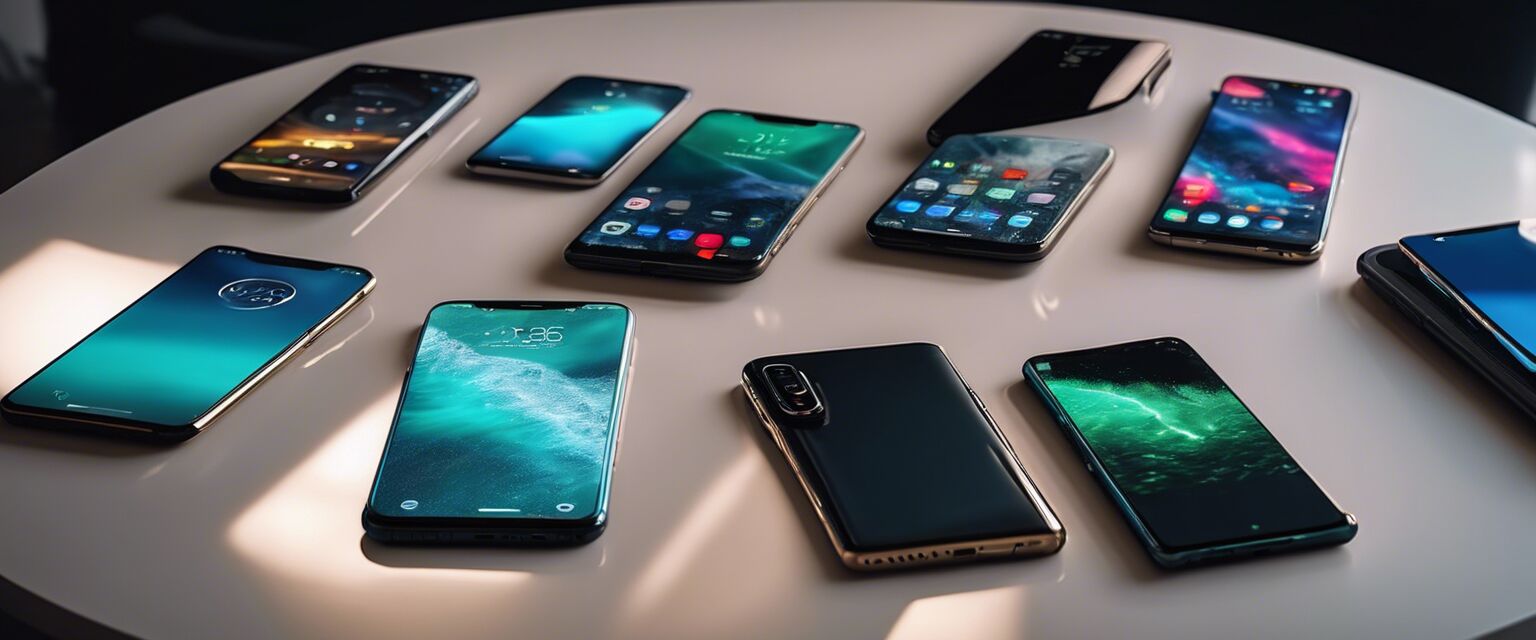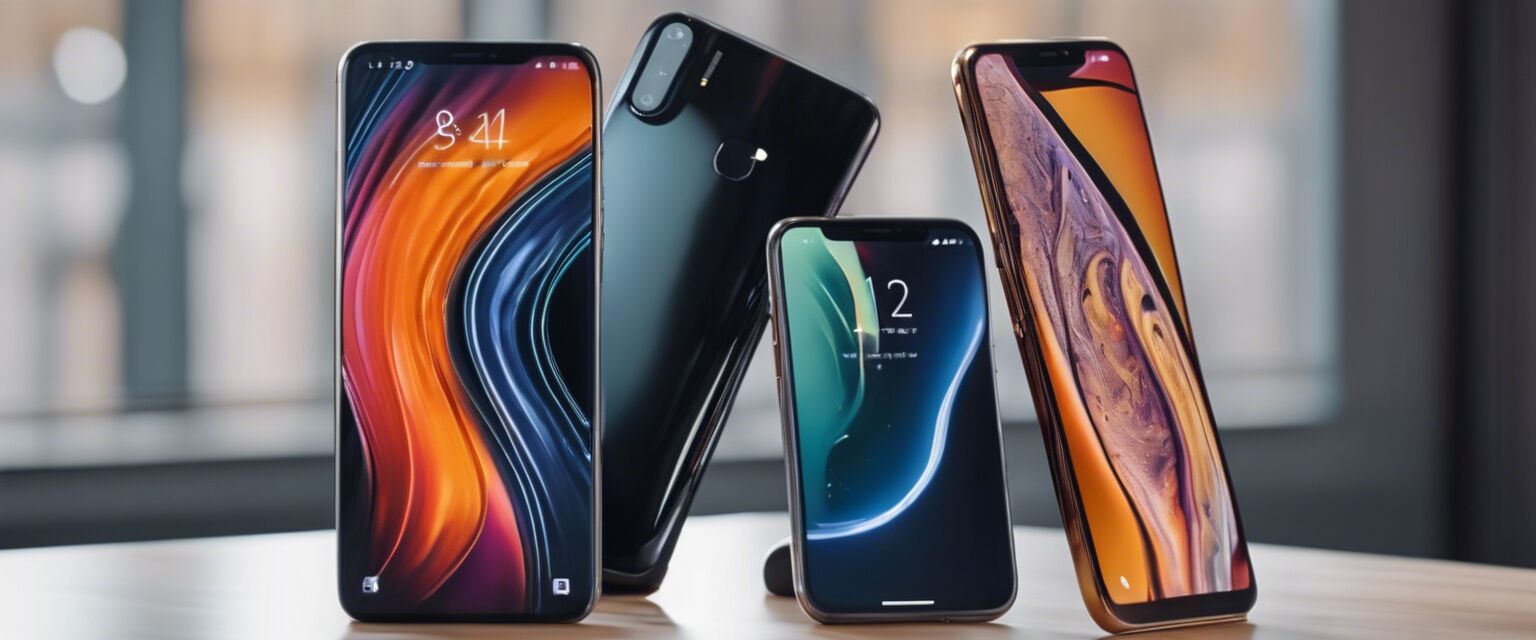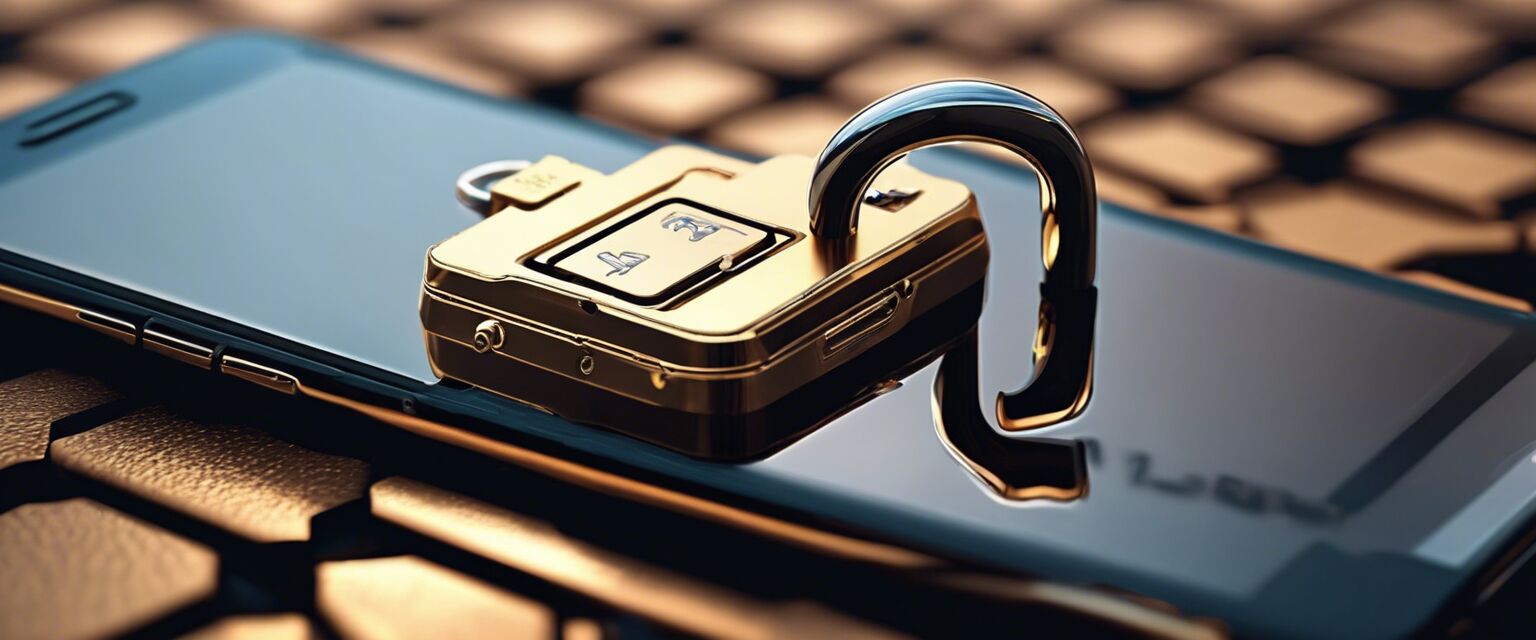
Phone Security
In an age where smartphones store an immense amount of personal and sensitive information, ensuring the security of these devices is paramount. This guide will provide insights into various methods of securing your smartphone and protecting your data. From software defenses to physical accessories, we cover it all.
Key takeaways
- Prioritize software updates for optimal security.
- Utilize strong passwords and biometric authentication.
- Employ security apps for added protection.
- Invest in protective accessories.
- Be cautious of public Wi-Fi and unfamiliar applications.
Understanding phone security
Phone security encompasses a wide range of practices and accessories designed to safeguard your device against unauthorized access and threats. As most people use smartphones for banking, shopping, and personal communication, the importance of strong security measures cannot be overstated.
Types of threats
- Malware
- Phishing attacks
- Physical theft
- Data breaches
Securing your smartphone
Here are several essential strategies to enhance the security of your smartphone:
| Security Measure | Description |
|---|---|
| Regular Software Updates | Keep your operating system and applications updated to protect against vulnerabilities. |
| Strong Passwords | Use complex passwords and change them regularly to prevent unauthorized access. |
| Biometric Authentication | Utilize fingerprint scanners or facial recognition for additional layers of security. |
Essential security apps
Several applications are available that provide powerful features for smartphone security:
- Antivirus software
- Privacy managers
- VPNs for secure browsing
- Password managers

Physical security accessories
In addition to software measures, certain physical accessories can enhance your phone's security:
| Accessory | Benefit |
|---|---|
| Protective Phone Cases | Protect against drops and physical damage. |
| Screen Protectors | Prevent scratches and display damage. |
| Locking Holsters | Secure phone when not in use, reducing risk of theft. |
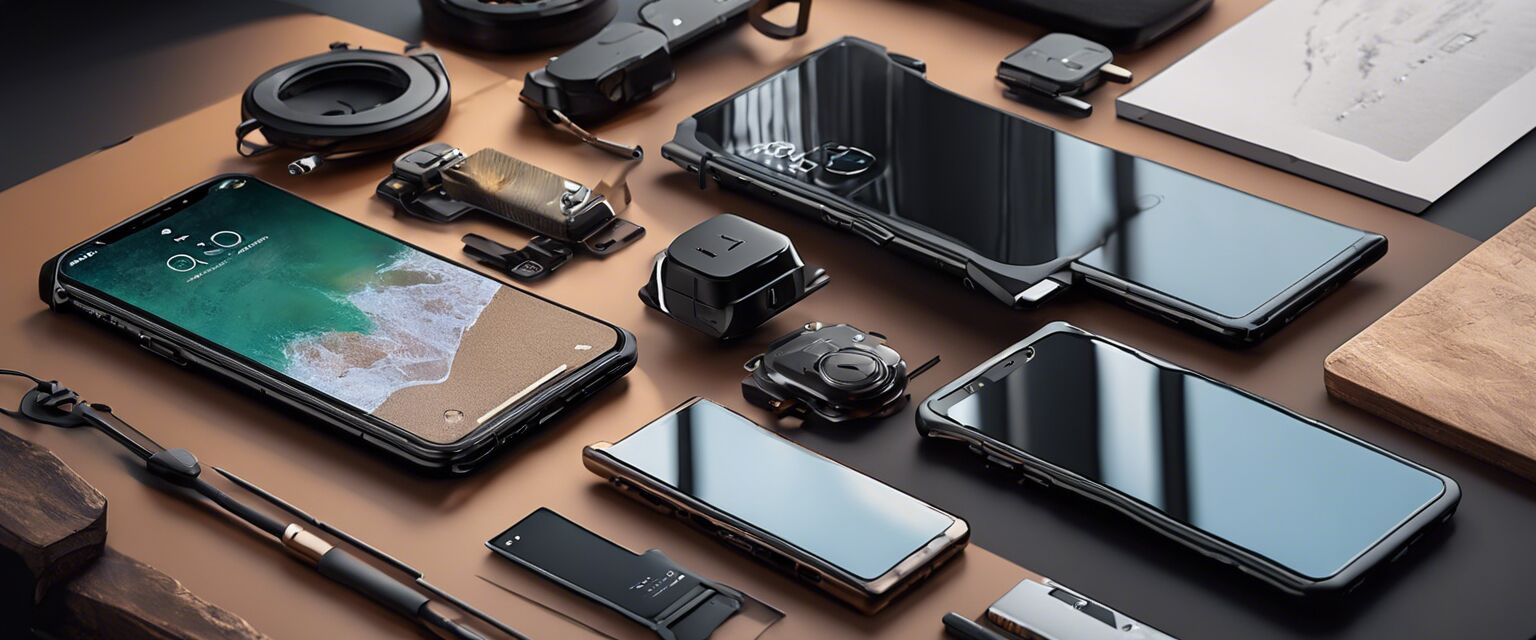
Best practices for data protection
In addition to securing your device, protecting your data is crucial. Here are some best practices:
Tips for beginners
- Avoid connecting to public Wi-Fi networks when possible.
- Be mindful of app permissions and only grant necessary access.
- Back up your data regularly to avoid loss.
Responding to security breaches
Even with the best precautions, breaches can still occur. Hereâs how to respond:
- Change passwords immediately.
- Verify device and account settings.
- Contact your service provider for guidance.
- Monitor accounts for unauthorized activity.
Pros
- Enhanced protection for sensitive data.
- Peace of mind knowing your information is secure.
- Protection against unauthorized access.
Cons
- Cost associated with security accessories and apps.
- Time-consuming to manage security regularly.
- Potential for reduced device functionality.
Conclusion
Securing your smartphone is an ongoing process that requires vigilance and a proactive approach. By adopting strong security measures and utilizing protective accessories, you can safeguard your device and your personal data effectively. For more detailed insights, visit our specific product categories:



